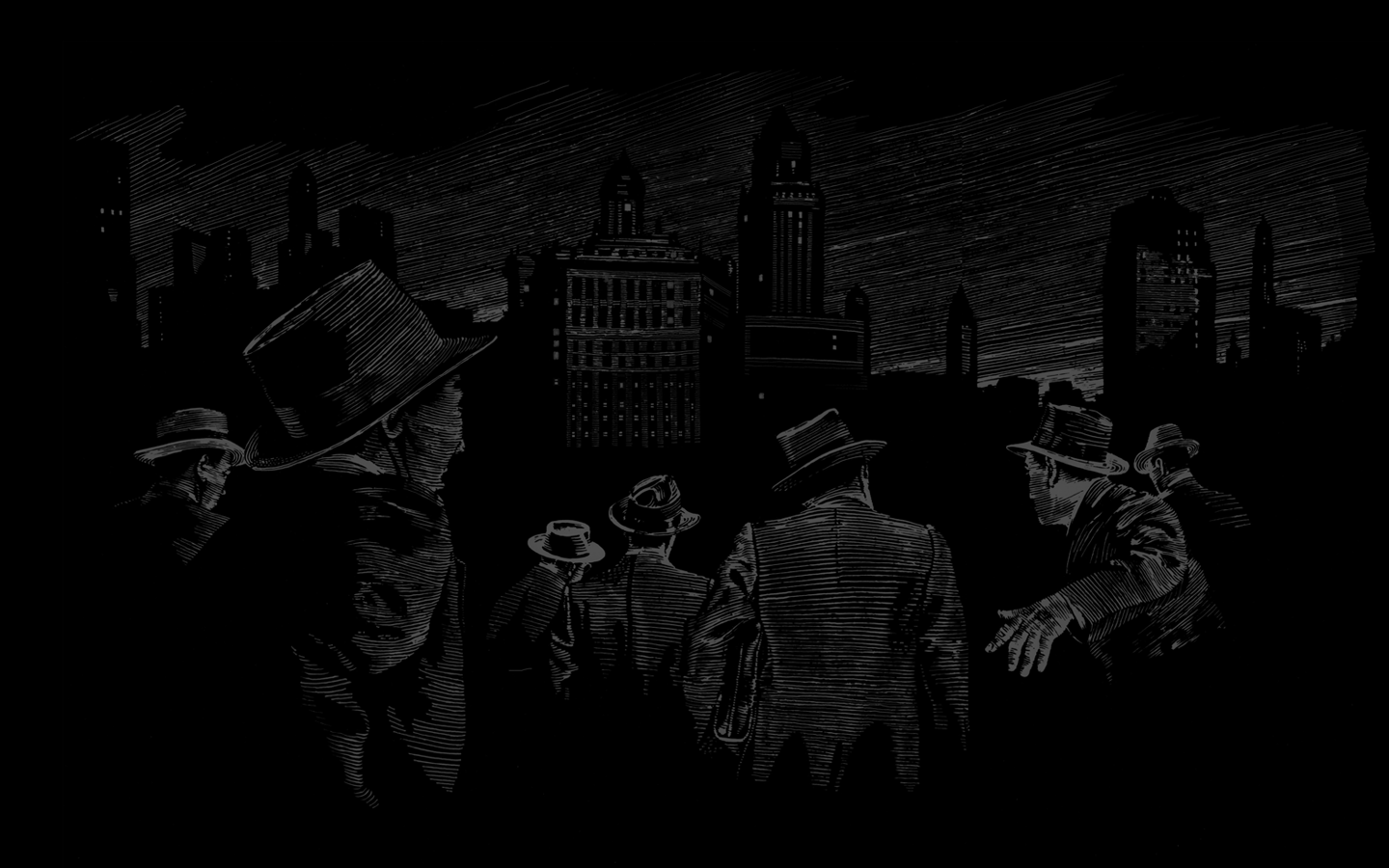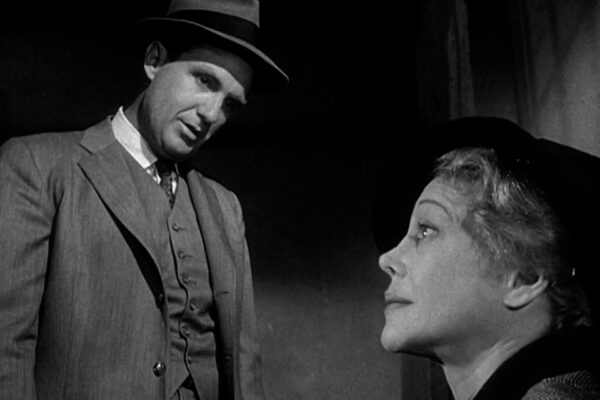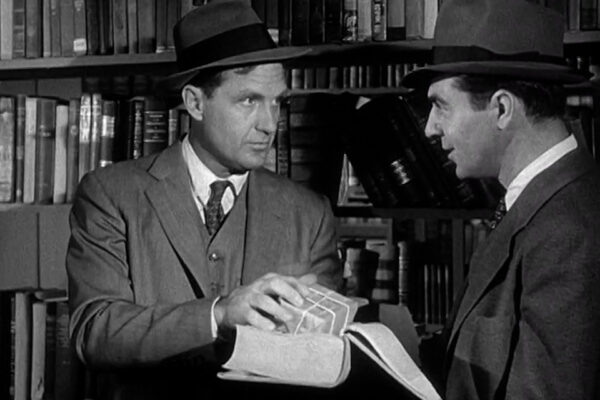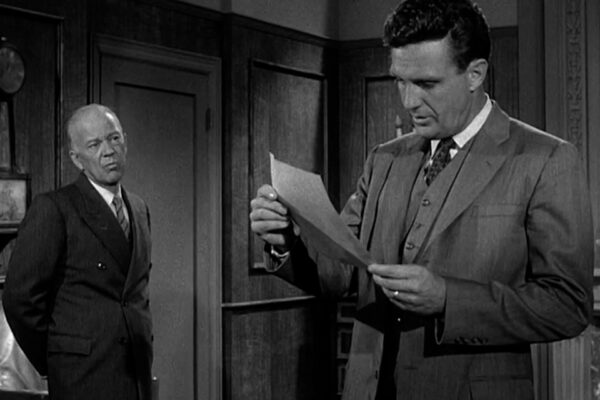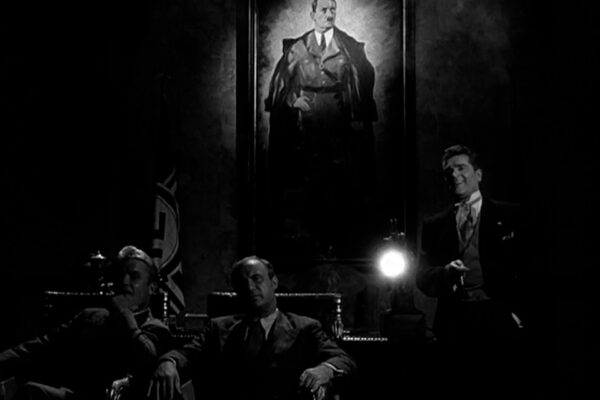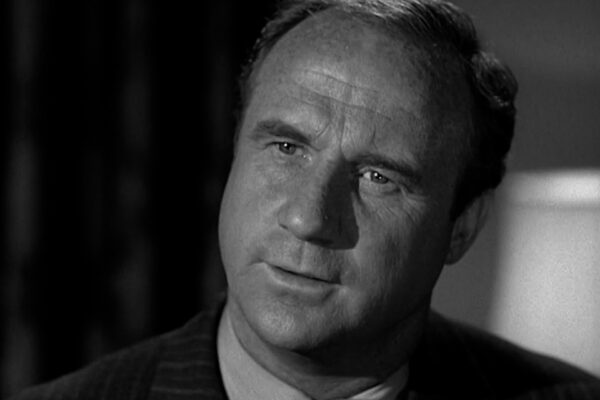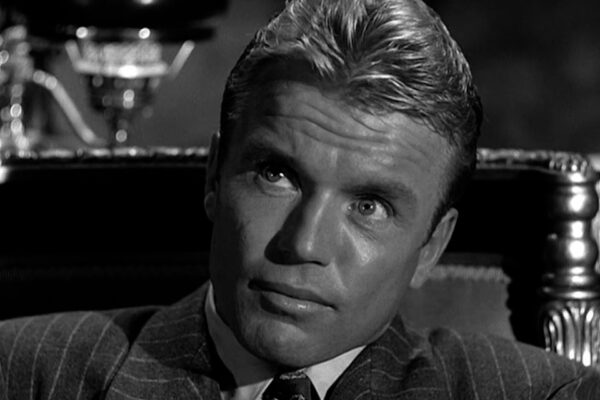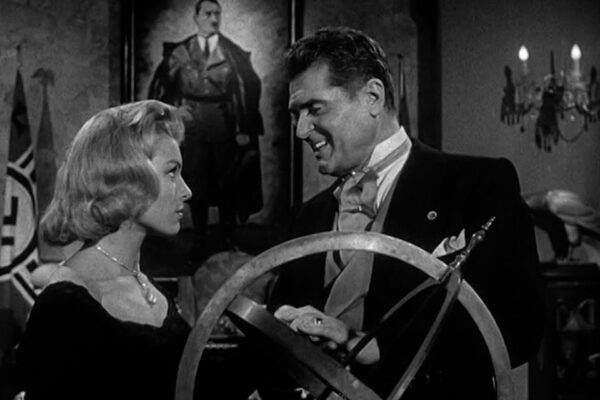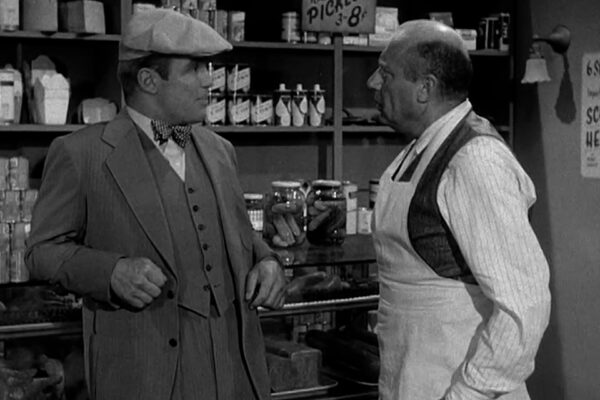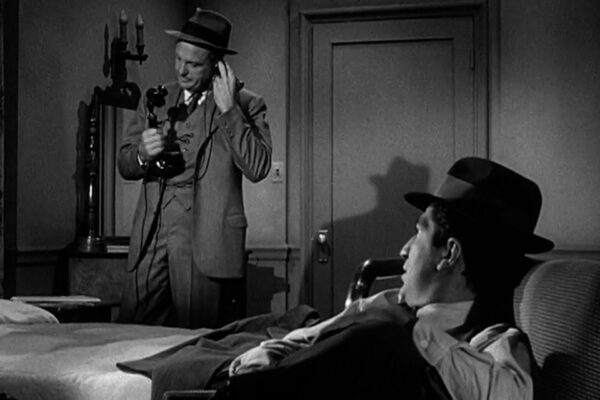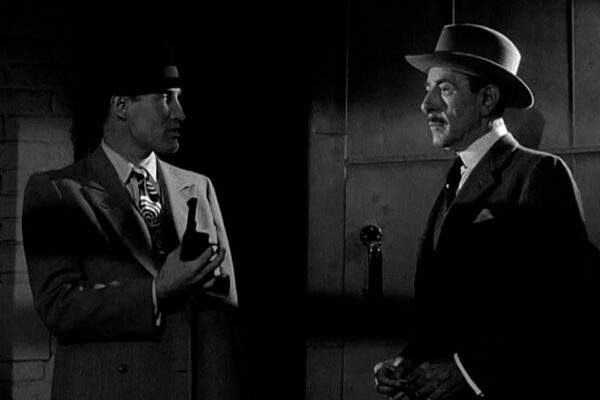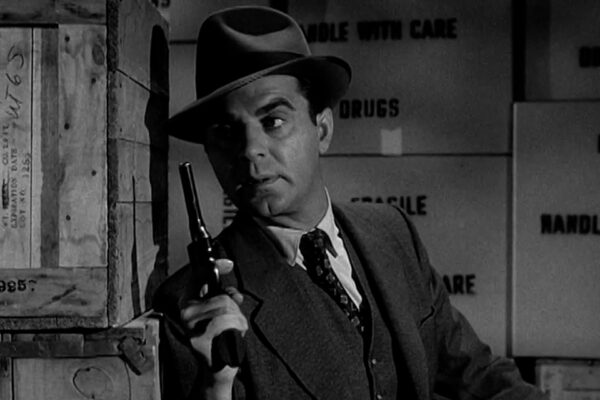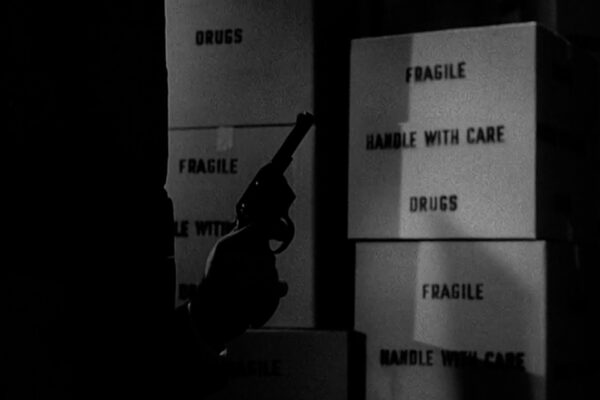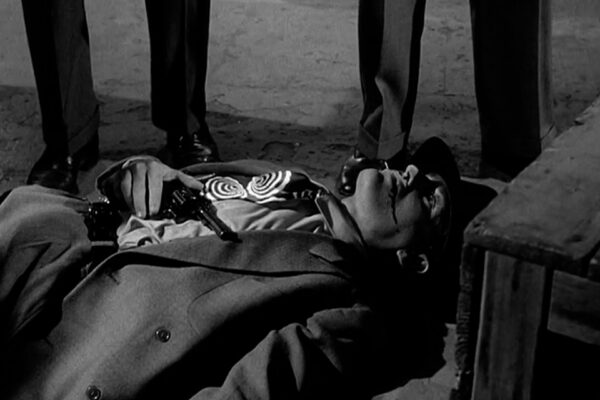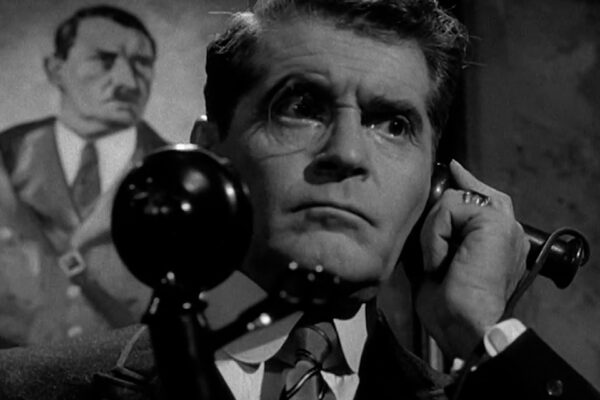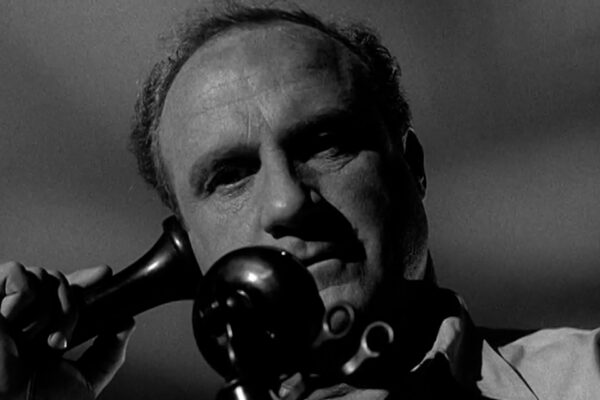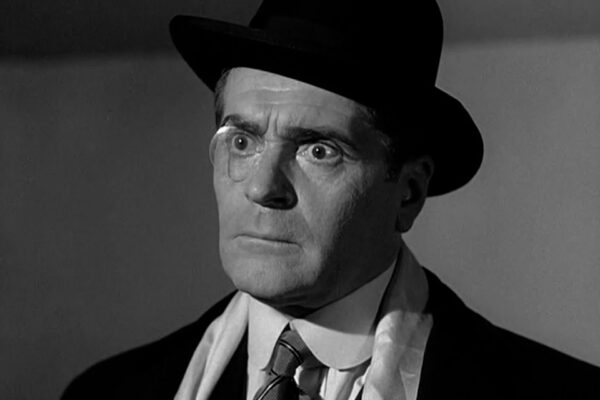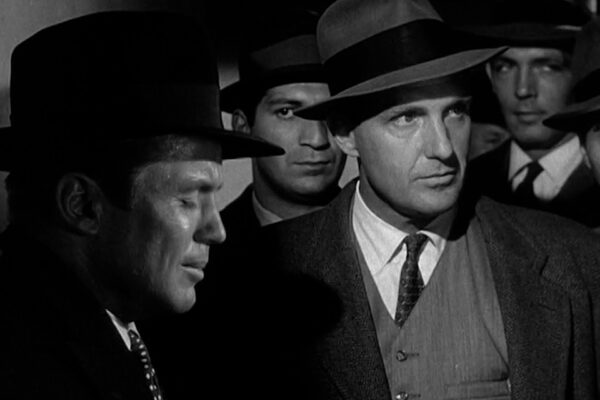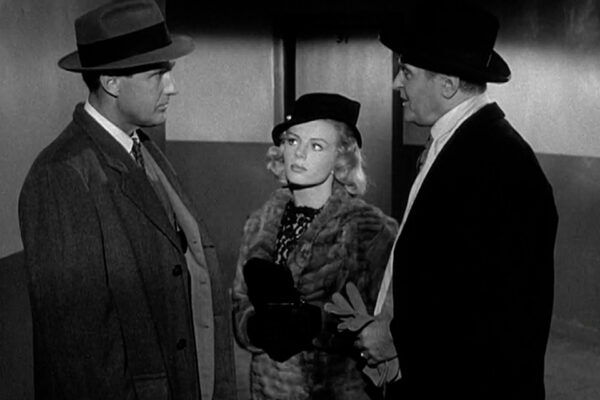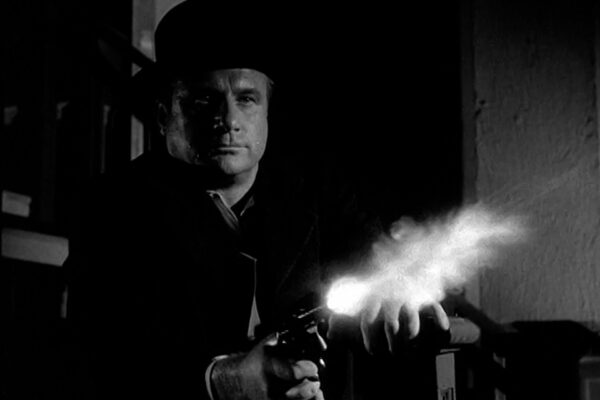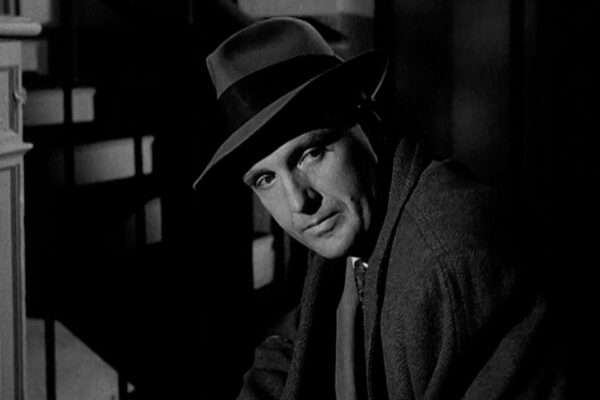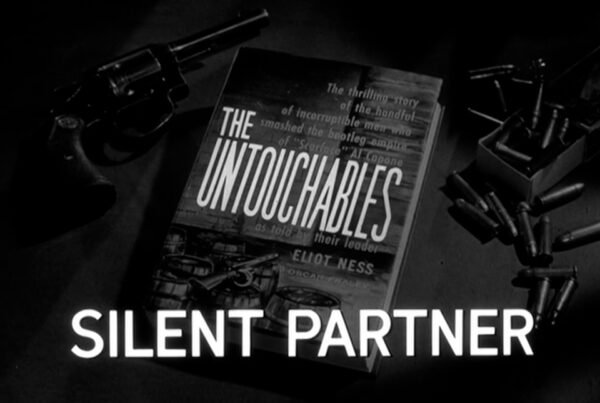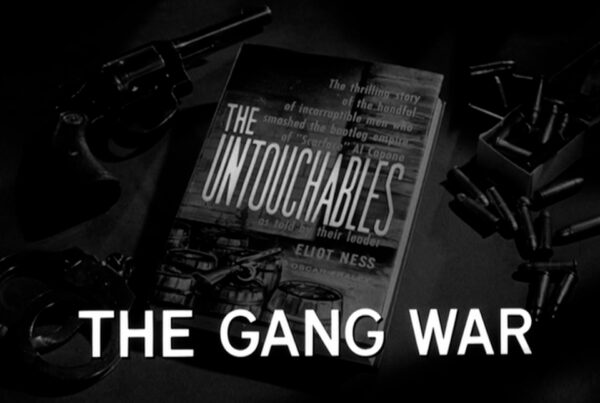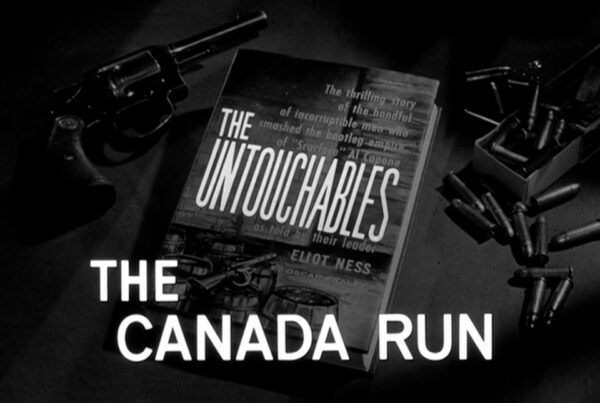THE OTTO FRICK STORY
Airdate: December 22nd, 1960
Written by Leonard Kantor
Directed by John Peyser
Produced by Josef Shaftel
Director of Photography Charles Straumer
Special Guest Star Jack Warden
Co-starring Francis Lederer, Richard Jaeckel. Featuring Erika Peters, Stacey Harris, Fred Numey, John Wengraf, Willis Bouchey, Joseph Mell, Molly Roden.
”At a traveling carnival thirty-five miles out of Cleveland, Ohio, Franz Eberhardt, twice convicted out of fifteen arrests for armed robbery and dope peddling, was shooting ducks with deadly precision. Eliot Ness, a squad of his Untouchables and members of the local police, took their positions for a raid.
“It was May 3rd, 1934. Eliot Ness, after seven months of investigation and raids was finally ready to move in on Otto Frick, whose thirty-seven traveling enterprises were a front for the most widely-flung, most tightly organized, most lucrative dope ring of the first half of the 20th century. Although Eliot Ness had closed off his sources south of the border and from Canada, Otto Frick was by no means out of business. He had already made arrangements for a new and even greater source of supply. Aided by his new contact, Frick and his no. 1 helper, Hans Eberhardt, lost no time in resuming their operation. For the Untouchables, the new upswing in Frick’s activities meant beginning all over again: grueling weeks of raids, round-ups, and investigations. It meant retracing old steps.”
“Acting on a new lead, Ness covered legal drug manufacturers and dealers to ascertain if there might be some way their supplies were being leaked to Frick. One such dealer in New York was Manning Loder, president of one of the largest drug importing companies in the country.”
In return for free narcotics supplies, drug king Otto Frick (Jack Warden), agrees to recruit German-Americans for the Nazi movement in the United States at the behest of a well-known roving ambassador for the Third Reich. Admonished by the State Department to exercise caution in dealing with German nationals, Eliot Ness finds his efforts to capture Frick are impeded by the directive while Frick’s operation temporarily flourishes.
But while Frick maintains no political objectives of his own, it is Franz Eberhardt (Richard Jaeckel), who takes up the cause, persuaded by lovely young Hedda Messlinger (Erika Peters), who appears to be Messingler’s niece, but is instead his wife, and used willingly as a lure. Unable to convince Frick of the importance of their goals, the three plot his removal, but Hedda’s dual identity is soon revealed to a disillusioned Hans Eberhardt who had planned to marry her. Their grandiose plans come apart when Ness arrives at a Nazi rally, but not before Frick, wounded by Eberhardt at Messlinger’s order, arrives to pay the Nazis back for double-crossing him.
“It was the end of the partnership. Hedda Messlinger told her story to the authorities. Frick and Messlinger had paid with their lives; she was deported back to Germany. Hans Eberhardt, as a three-time loser, was sentenced to life imprisonment. Aside from being the end of a vast dope ring, it was one of the first major thrusts of the Nazi Fifth Column in America and helped alert us all to the dangers ahead. Yet even now, after Hitler’s dreams of world conquest have been thwarted by a war, the totalitarian voices are not silent. You can still hear them if you listen.”
REVIEW
Although The Otto Frick Story begins quite forcefully, it wanders around and loses focus early on.
It is the only program to address the Nazi phenomenon in its infancy. The assembly of German Nazis and American gangsters does have historical precedent, but this installment, severely underplayed with three small characters and a token assault on a Jewish-owned delicatessen, doesn’t capture the epic of the scope of the drama. Because the historical events portrayed in this episode largely took place in the late 1930s, The Otto Frick Story is one of the most alarming to students of history.
Already suffering from overexposure in the series, Jack Warden plays Frick as a small-minded, small-time hood, rather than someone clever enough to head up a national drug cartel. Francis Lederer, a Czech actor who was no stranger to film noirs and Nazi intrigue, unfortunately, embodies a consummate Nazi stereotype in his role as the aristocratic Messlinger, and today comes off funnier than it is serious. At any moment he appears ready to break into a “Ve haff vays of making you talk” routine. The amount of film given over to the seduction of Hans Eberhardt by fiercely Aryan Hedda Messlinger is unwarranted, even if it is fun to watch her at work.
Even with the potentially sensitive subject matter, very little is changed from script to screen. A scene of anti-Semitic graffiti and a swastika is awkwardly filmed and cropped to obscure the full phrase, which is written explicitly in the screenplay. Gratuitous use of “Sieg Heil baby” is left unused. The true nature of Hedda and Walter Messlinger’s relationship is not revealed until midway through the conclusion, though in the script it is revealed much sooner.
The script also specifically notes a location as being on Desilu’s 40 Acres backlot and the name of a book store is changed in the script to match that of one shown in stock footage.
Speaking of stock footage, this episode features an excellent (and seemingly rare) use of double exposure and rear projection when Ness arrives at Lange’s Book Shop.
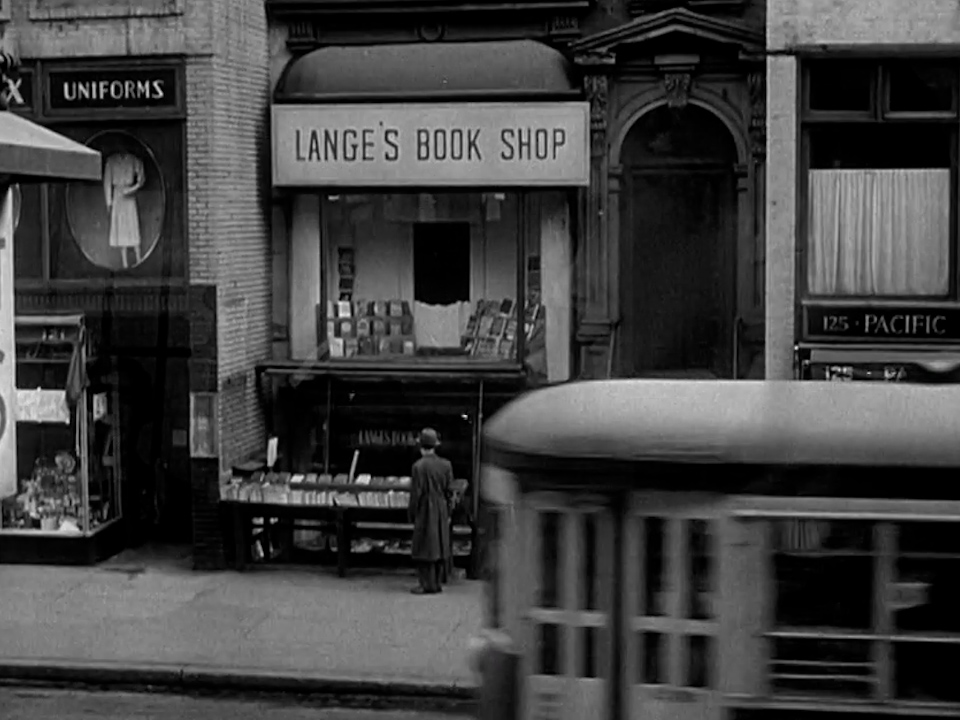
First, the establishing shot is taken from a mid-1940s source (as evidenced by the visible automobile in the lower right-hand corner).
Second, the passing trolley helps the transition from an establishing shot to a medium shot of a window that says Lange’s Book Shop.
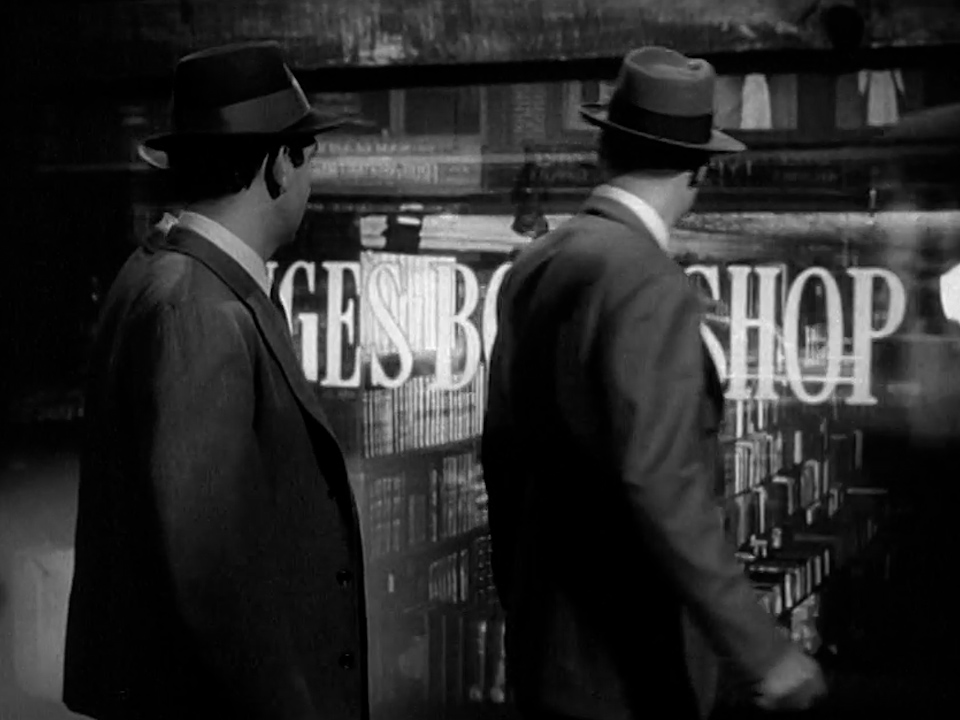
As Ness, Hobson, and Rico walk past the window, they can see inside the book store. The interior footage of the book store is from a separate source. Meanwhile, the reflection in the window shows a second source, with a streetcar passing to match the establishing shot.
This subtle trick passes by in a brief moment and is not the only clever use of stock footage in the hour. The insertion of actual archival footage from the Nazi rally at Madison Square Garden, where Hans’ taunts to “Sieg Heil!” are synced to the rally’s actual audio track.
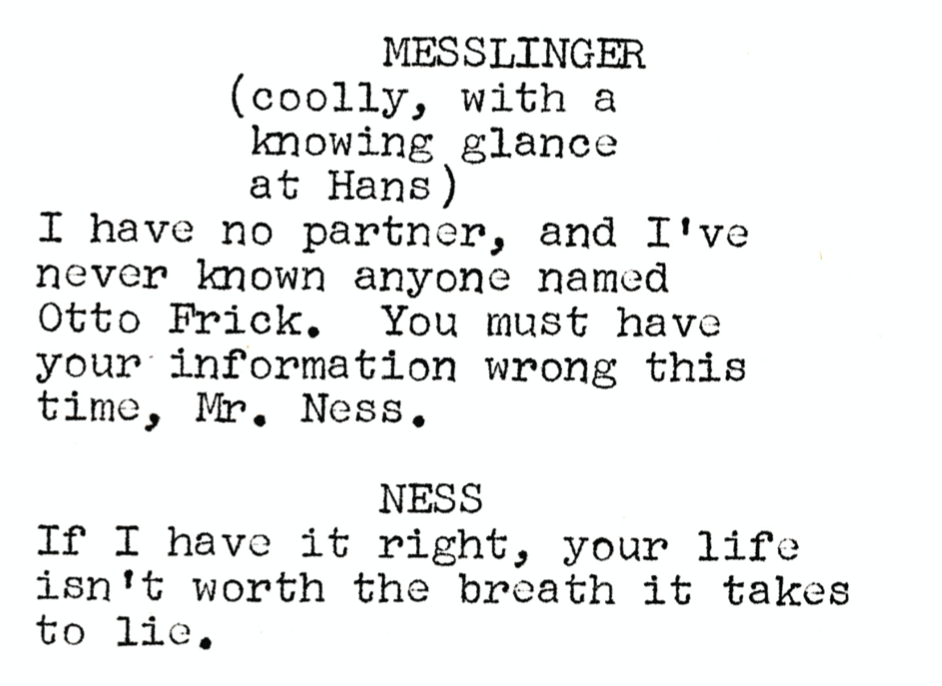
As part of The Untouchables Retrospective, we’re pleased to present this August draft of Leonard Kantor’s The Otto Frick Story.
QUOTES
MESSLINGER: Are you placing me under arrest?
NESS: Unfortunately, it’s my duty to try and save your life.
OBSERVATIONS
In this episode, Eliot Ness is a known entity to the Nazis both international and domestic – but history shows that the Nazis may have actually known who Eliot Ness was.
This episode begins with the Untouchables in Cleveland, Ohio where the real Eliot Ness would become Safety Director in 1935 (one year after this episode takes place).
During Ness’ time as Safety Director, a grisly series of murders known as the Torso Murders or the Kingsbury Run Murders weighed heavily on his career in Cleveland. As part of its anti-American propaganda, the German press mocked the police’s inability to solve the killings.
HISTORICAL NOTES
While the episode lacks punch, its closing narration is notable for many reasons.
Narrator Walter Winchell, like many among Desilu’s creative time, was Jewish. In his career as a radio correspondent, Winchell eagerly assailed pro-fascists, pro-Nazi, and their enablers throughout the 1930s including the German American Bund and Charles Lindbergh. Winchell’s real-life crusade in the press against the Nazis gives extra gravitas to his finely written concluding narration,
The Nazis did in fact host a rally at New York’s Madison Square Garden on February 20th, 1939 and this is the rally seen in the episode’s archival footage. (There was a similar rally held a few months later in Chicago, though the footage from Madison Square Garden is better known.) It is the use of this footage and the attempt to intertwine the story of the Nazi Fifth Column and gangsterdom that perhaps best illustrates the show’s growing tendency to stretch historical credibility, making it seem almost Twilight Zone-esque that Ness would ever fight the Nazis.
However, the National Socialist German Party was alive in well in Chicago in the late 1920s and early 1930s, where immigrant Fritz Gissebl would later graduate from organizing fellow countrymen in the German-American “Free Society of Teutonia” organization to goosestepping with Hitler’s SS in Poland years later. The first major gathering of Nazis in Chicago was the Friends of New Germany convention and by 1934 had grown to 500 members. In 1932, Teutonia become the Friends of the Hitler Movement.
It’s too bad we never see Ness spoiling Fritz’s schnitzel, instead of Frick’s.

Actual Illinois Nazis in front of the Chicago Field Museum in the 1930s.


